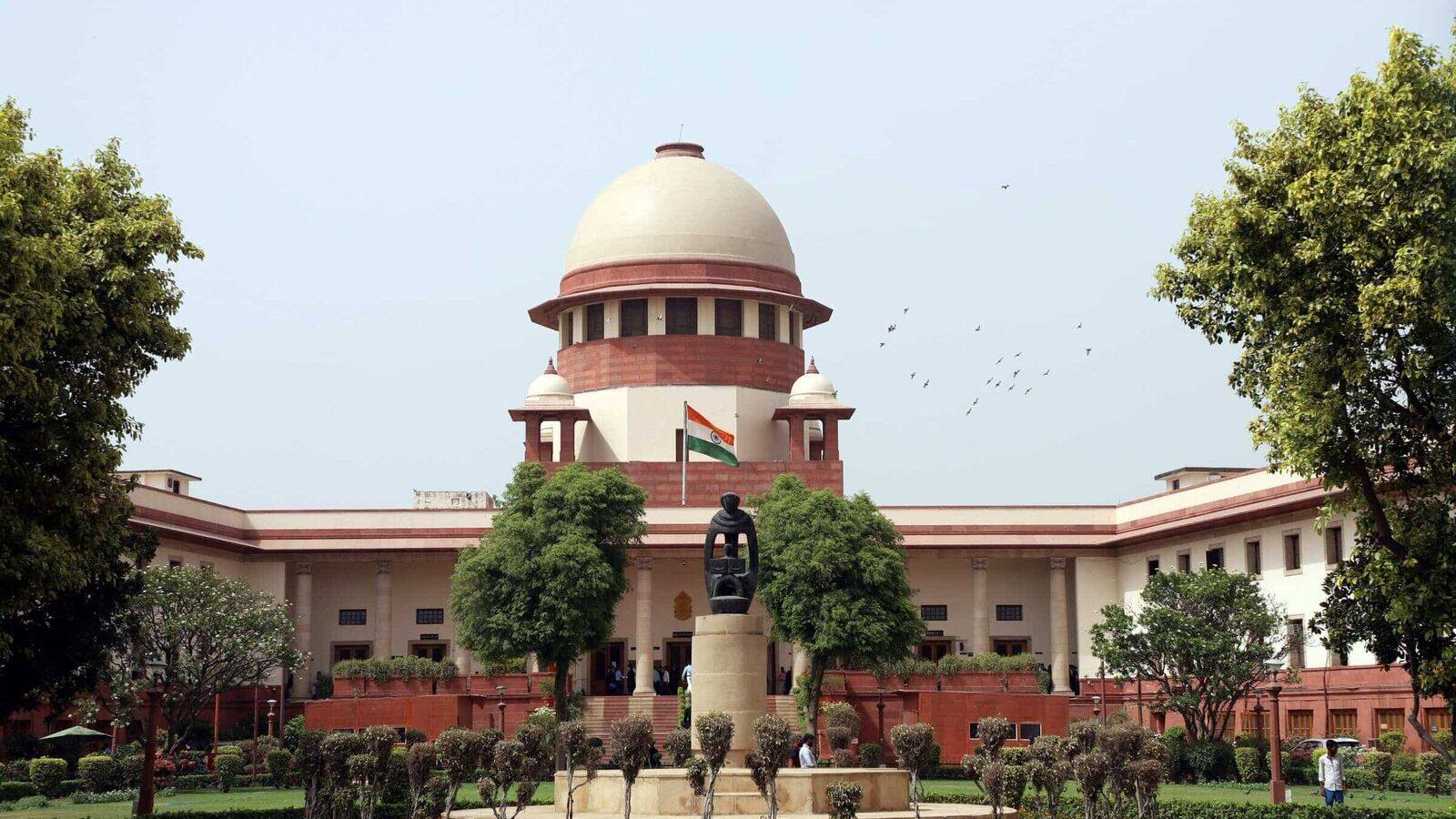The Supreme Court, comprising Chief Justice D Y Chandrachud and Justices J B Pardiwala and Manoj Misra, has instructed the Indian government to formulate a standardized policy on menstrual leave for female employees following consultations with states and stakeholders.
The bench underscored that such issues are policy-related and fall outside the court’s jurisdiction. They expressed concerns that judicial mandates on menstrual leave could potentially deter employers from hiring women. The court emphasized the importance of policies that promote rather than hinder women’s workforce participation.
“We do not want that,” the bench remarked, “This is actually a government policy aspect and not for the courts to look into.”
The court granted permission to the petitioner’s lawyers to approach the Ministry of Women and Child Development and Additional Solicitor General Aishwarya Bhati for further discussions on drafting a model policy. It stressed that the consultation process at the central government level should not impede any state-level initiatives on the issue.
“We request the secretary to look into the matter at the policy level and take a decision after consulting all stakeholders and see if a model policy can be framed,” the court ordered.
In a previous instance, the Supreme Court had disposed of a similar plea, advising that policy matters should be addressed through representations to the government. It was noted that despite earlier submissions, no decision had been made by the Centre.







